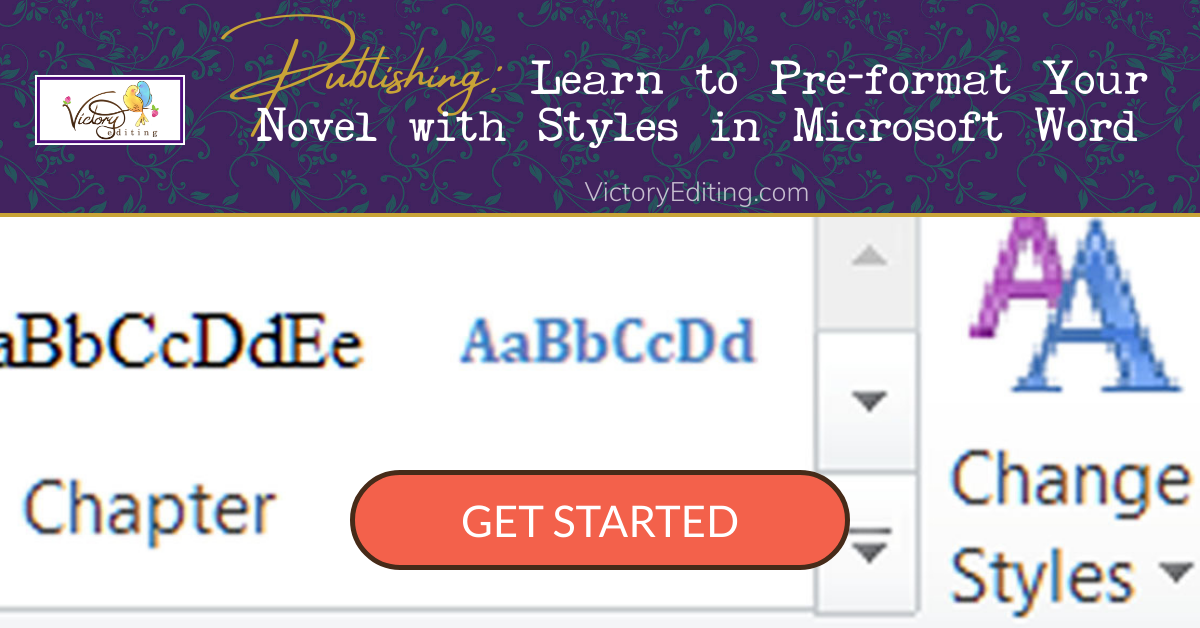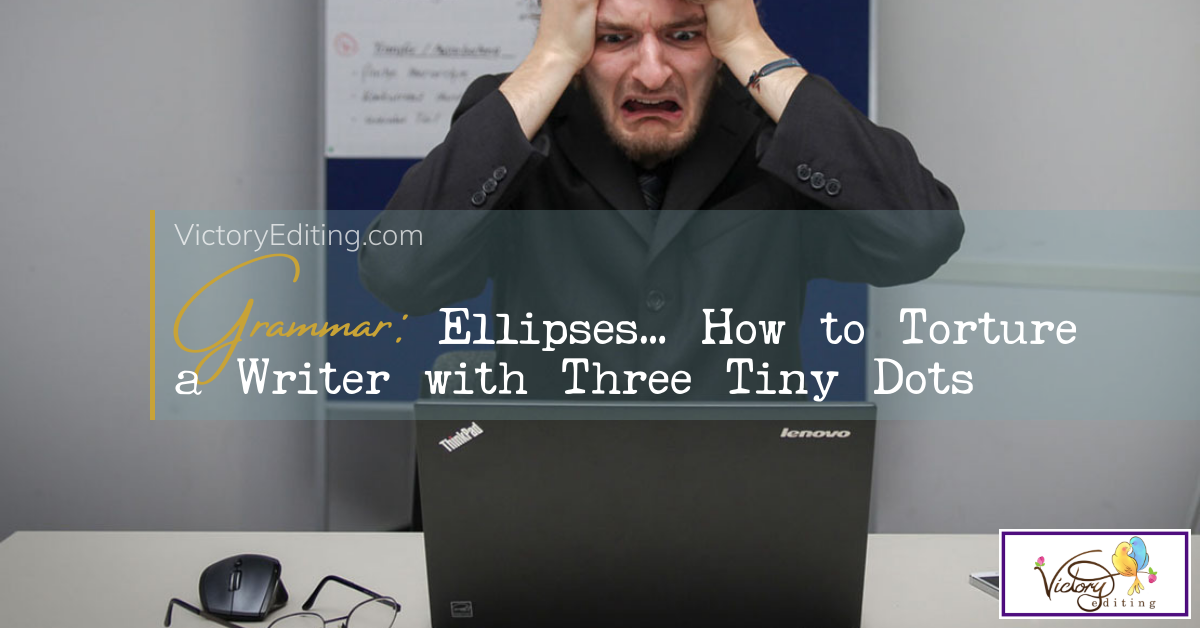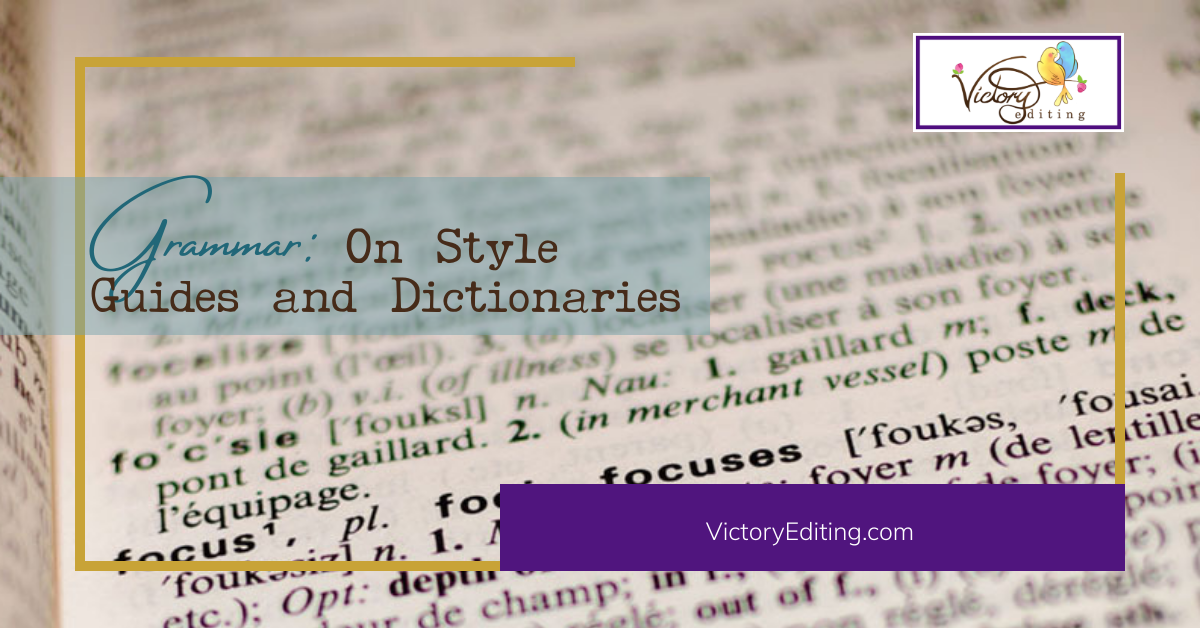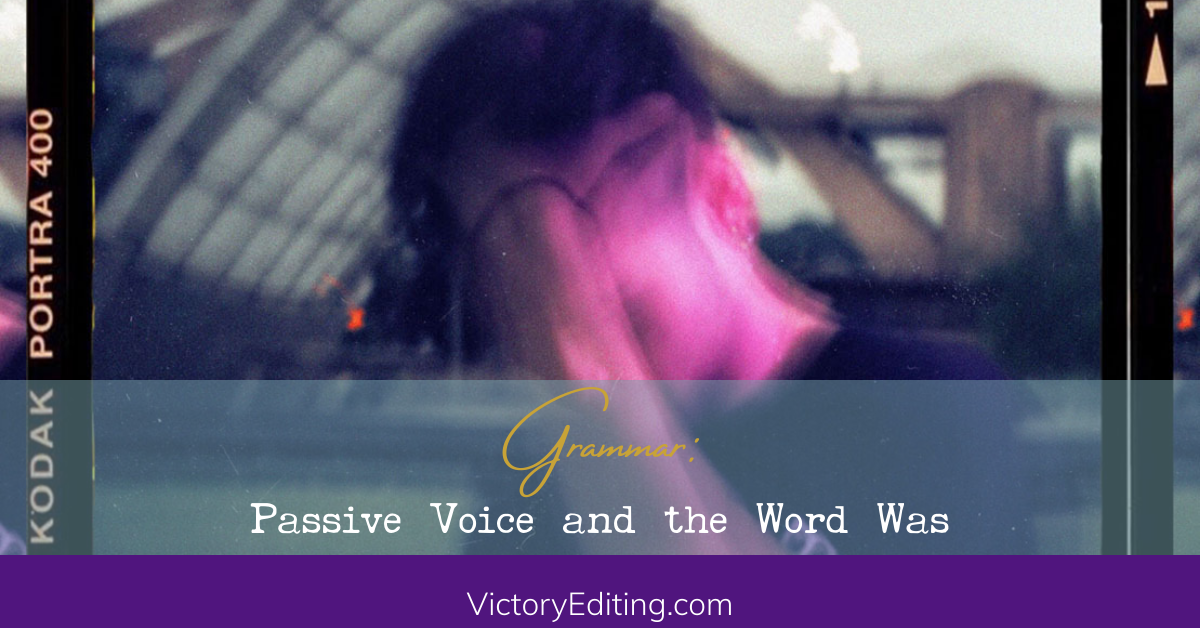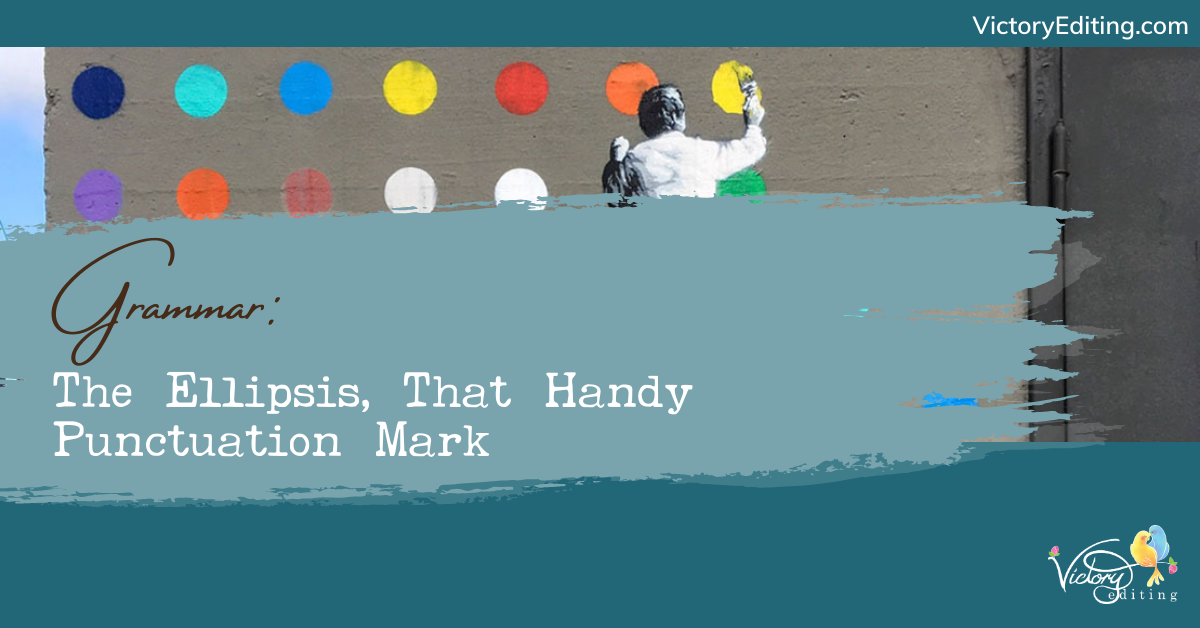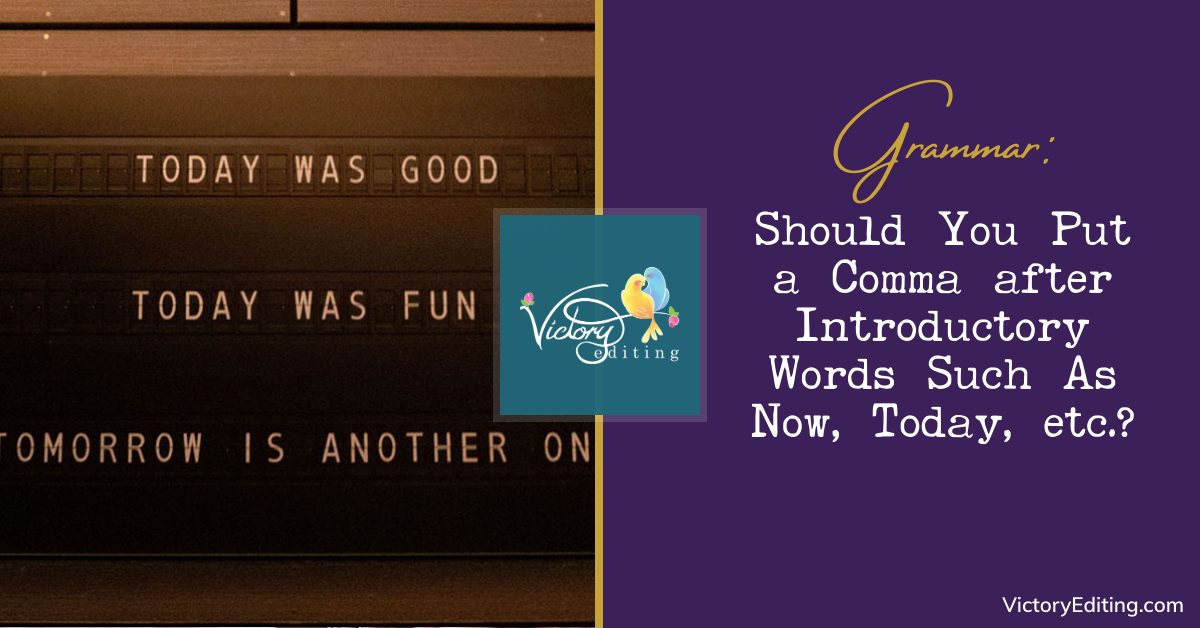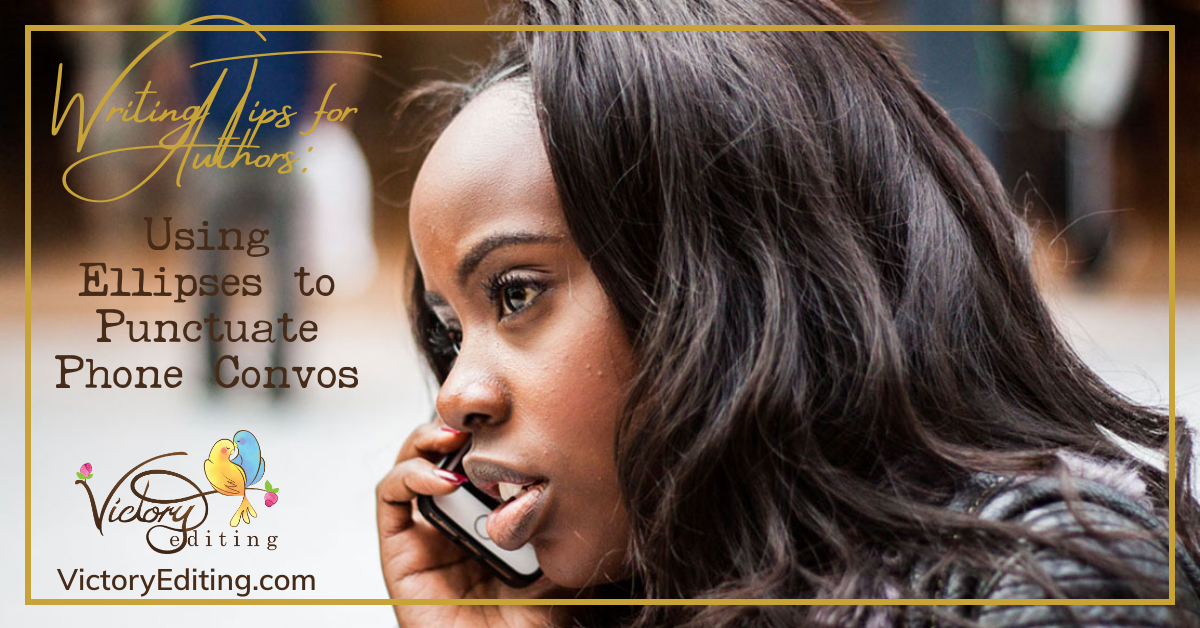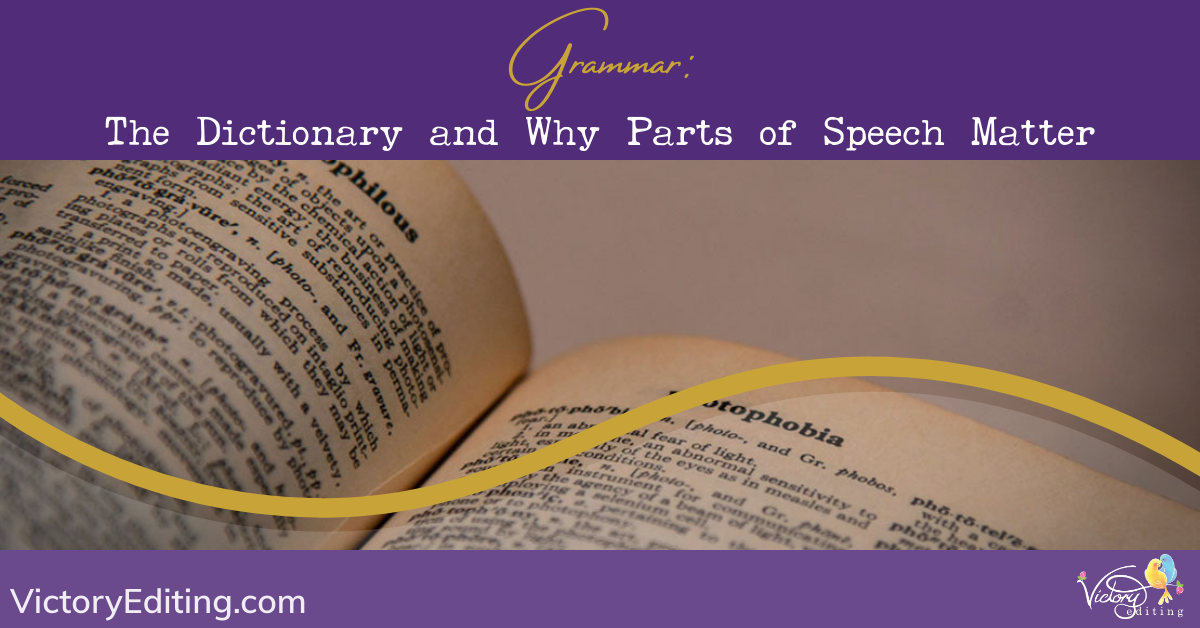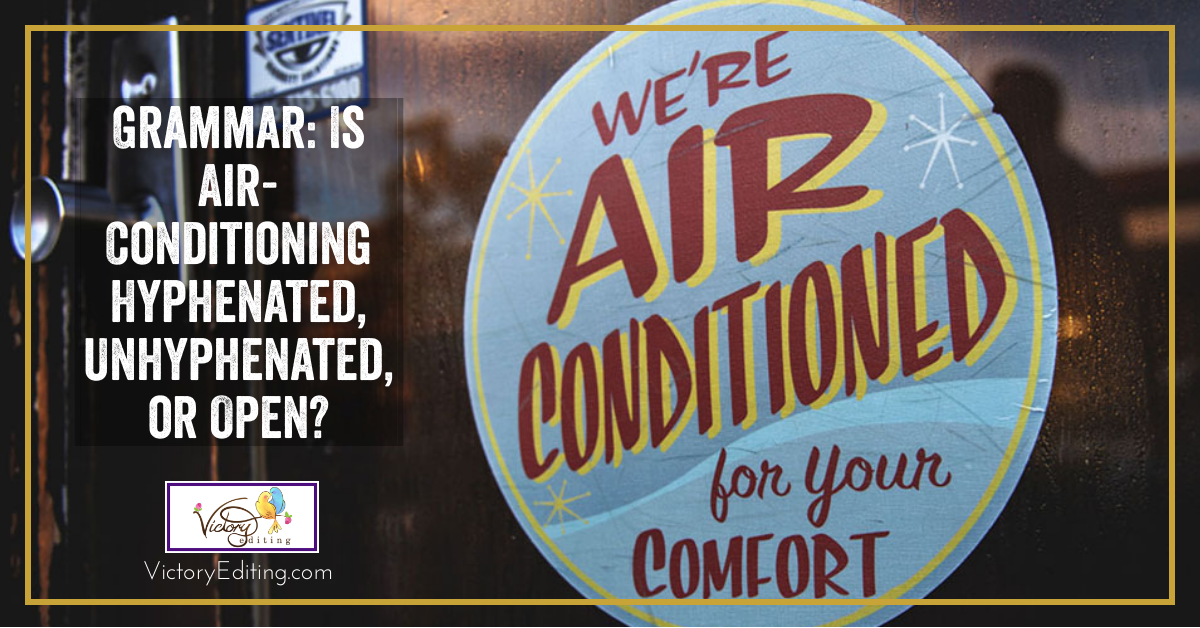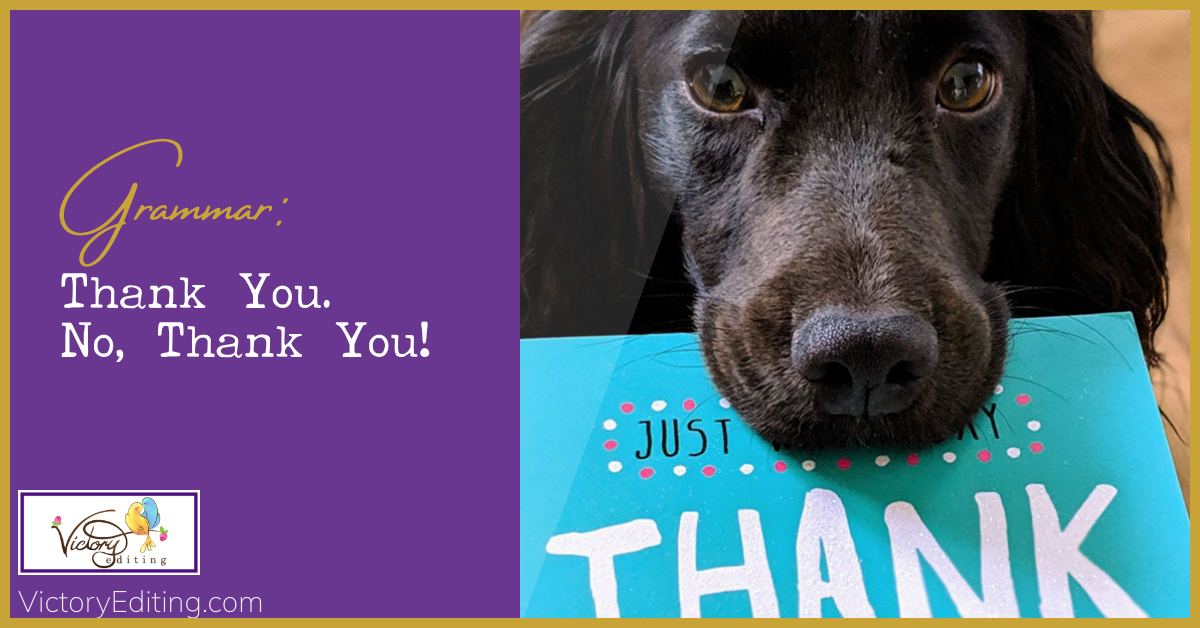You may be asking yourself why pre-formatting matters. There are actually some very good reasons. Pre-formatting helps you throughout the writing process and during edits and revisions. It’ll also save you time and money and it’s easy to do.
Read More »Articles
Grammar: Ellipses… How to Torture a Writer with Three Tiny Dots
Ellipses are such handy little guys, but sadly very misunderstood. Some common issues I see: Question: What’s the difference between an ellipsis and ellipses?Answer: This is the easy one–ellipses is plural, ellipsis is singular. 🙂 😆 Q: How the heck do you make an ellipsis, anyway?A: The correct answer (see below, and it’s important) is that it’s three dots, evenly […]
Read More »Grammar: On Style Guides and Dictionaries
Today’s “Grammar Bite” is going to be more of a meal, so I hope you’ll forgive me, but this topic is pretty important and there’s not a short answer here. So grab a drink and then we’ll dive in. It’s not uncommon for friends who don’t write or edit to ask me how I decide on […]
Read More »Grammar: Passive Voice and the Word Was
I had a friend email me a sample edit today that she’d gotten from another editor. She was a bit confused because the editor had flagged every instance of the word “was” as “passive voice.” I actually run across this from time to time, so I thought I’d post here. If you already know this, […]
Read More »Grammar: The Ellipsis, That Handy Punctuation Mark
Ah, the ellipsis. The ellipsis can be a bit of a pain, but once mastered, it’s a great tool. For the purpose of this post, I’m only talking about using the ellipsis in fiction, not as it is applied to journalism, nonfiction, or academic texts. First, what are ellipses used for? They are used to […]
Read More »Grammar: Should You Put a Comma after Introductory Words Such As Now, Today, etc.?
Introductory Adverbs: So, should you put a comma after introductory words such as now, today, etc.? It depends! Wait—not what you wanted to hear? Sorry. Okay, let me try to break it down. 🙂 If you have an introductory word (or two) that is being used as an adverb (usually answers the question of when, […]
Read More »Writing Tips for Authors: Using Ellipses to Punctuate Phone Convos
One of the struggles authors have is presenting dialogue so that it’s both understandable and engaging. Phone conversations can be especially problematic. Scenes where you show both sides of the conversation are fairly easy—you just handle them like regular dialogue for the most part. But what about one-sided or overheard exchanges? A convention I really like is to use […]
Read More »Grammar: The Dictionary and Why Parts of Speech Matter
Ever wonder why the dictionary shows different spellings or treatments of words? As an FYI, it’s not because you can just pick whichever you like the best. Often a word or phrase will be treated different depending on how it’s used in a sentence–in other words, what its part of speech is. Some examples of […]
Read More »Grammar: Is Air-Conditioning Hyphenated, Unhyphenated, or Open?
According to Merriam-Webster Unabridged Dictionary: Air-conditioning, when used as a noun, is hyphenated. The house has air-conditioning. Air conditioner, a noun, is open. The air conditioner is on the fritz. Air-conditioned: Both as an adjective and a verb is hyphenated. The air-conditioned room. Air-condition a building. The above article is an update. Back when I originally wrote this article (June 14, 2013), […]
Read More »Grammar: Thank You. No, Thank You!
Should you write thank-you (hyphenated) or thank you (open)? Well, that depends on your meaning. There are actually two ways to write thank you. No, seriously. I promise. Thank you, when used as a phrase, is two words. By phrase, I mean a spoken or written expression of gratitude. For example: “Thank you so much […]
Read More »
